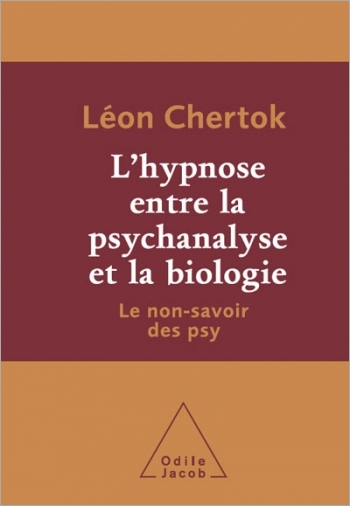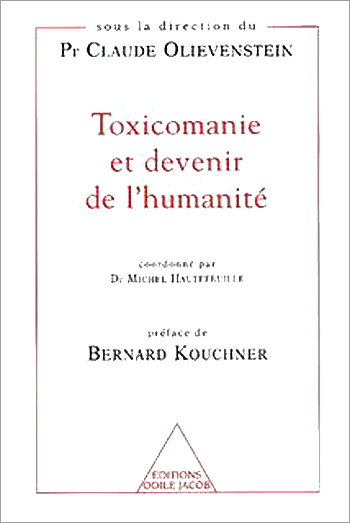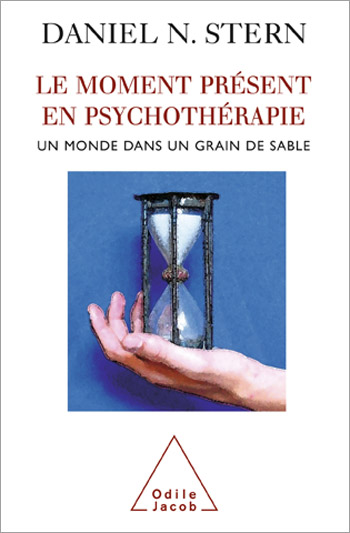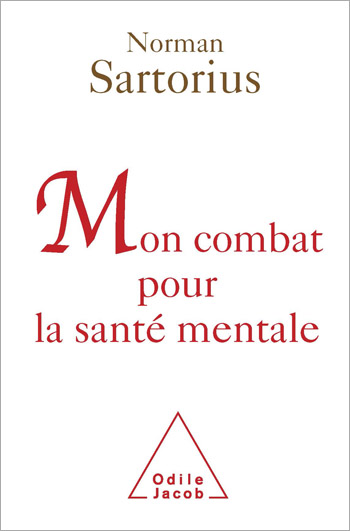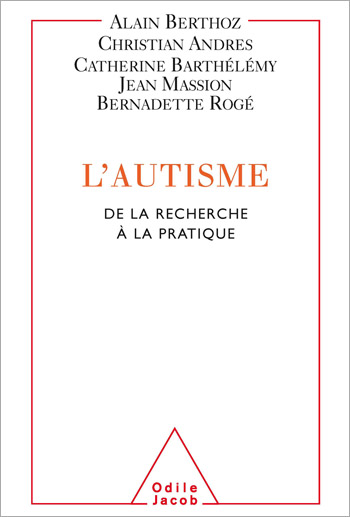Psychology All books
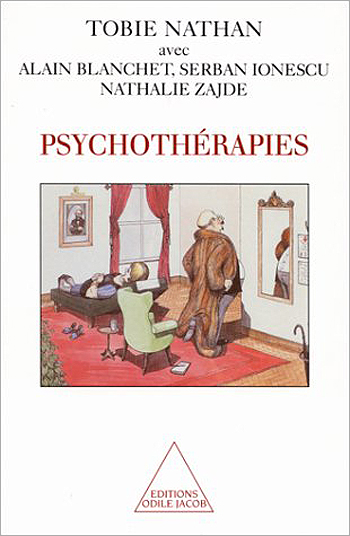
Tobie Nathan, Alain Blanchet, Serban Ionescu, Nathalie Zajde
Psychotherapies
This book is a rigorous presentation of what is now called the Nathan method, that is to say the therapeutic methods (using objects or discussion) which result in a cure through that influence. Using the differences between Western and African techniques as a starting point, he explains how following a psychotherapeutic treatment, or consulting an African healer constitutes an affiliation to a certain group. That is not to say, however, that all therapeutic methods are the same. On the contrary, this book tries to define some kind of criteria of evaluation which is conducive to an informed choice. The two main elements of psychotherapy, the therapy and the trauma, in other words the object and the motivation of the sick person for taking the step of getting treatment, are re-examined in this new context.

Uta Frith
Autism: Explaining the Enigma
Why do certain children live walled in by silence, cut off from the world and others? For the first time, this book offers a general theory on autism, a profound disorder in cognitive development rather than one resulting from family conflict or an attention deficit. Uta Frith is a psychologist and member of a cognitive development study group at the Medical Research Council of Cambridge.

